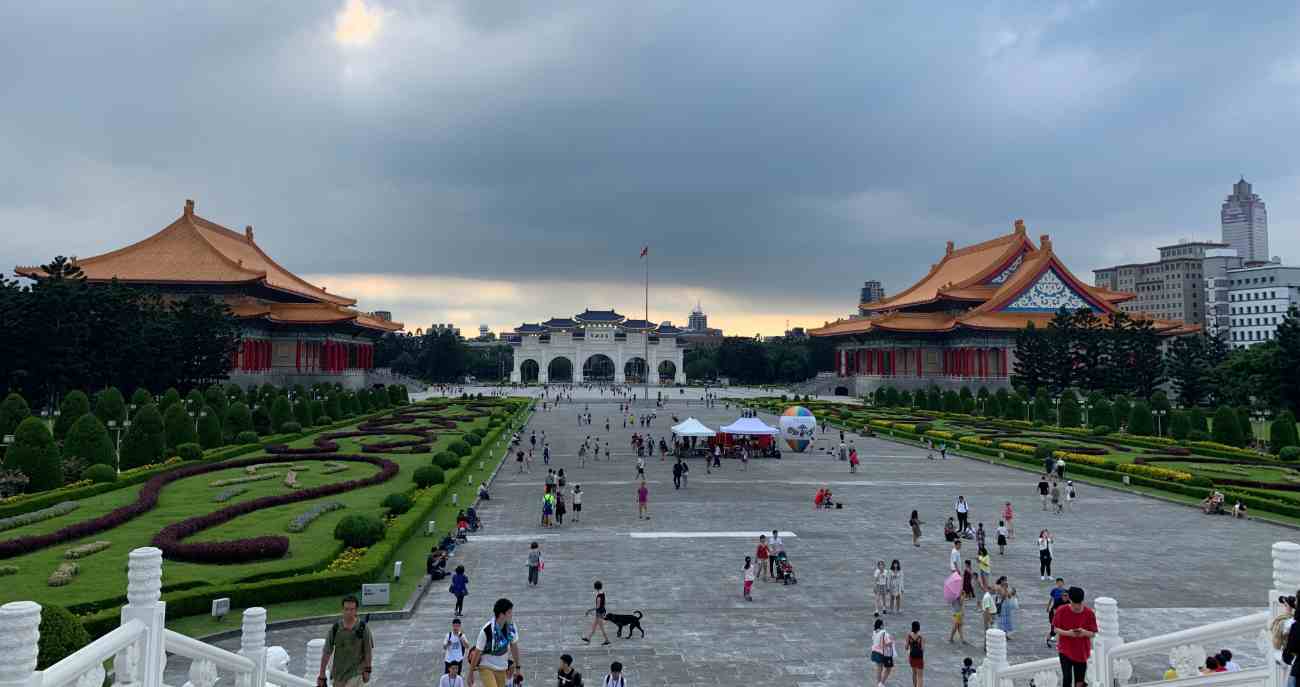 IB 497 Asia Biztech Practicum in Taiwan (3 credits)
IB 497 Asia Biztech Practicum in Taiwan (3 credits)
This course will form the structure for the experiential learning portion of the Asia Biztech summer in Taiwan program. The heart of this course will be six intensive days of meetings, workshops, and visits with some of the leading business, government, academic, and cultural centers in Taiwan. Students will be able and expected to have in-depth conversations with these key figures which will help them get into the mindset for the intensive Chinese and internship portions of the program to follow. Two follow-up online classes will be conducted later in the summer. Leading the program will be Dr. Jack Marr, a 30 year veteran of the region.
To be eligible to take this course students must meet the requirements and be accepted into the Asia Biztech Summer in Taiwan program.